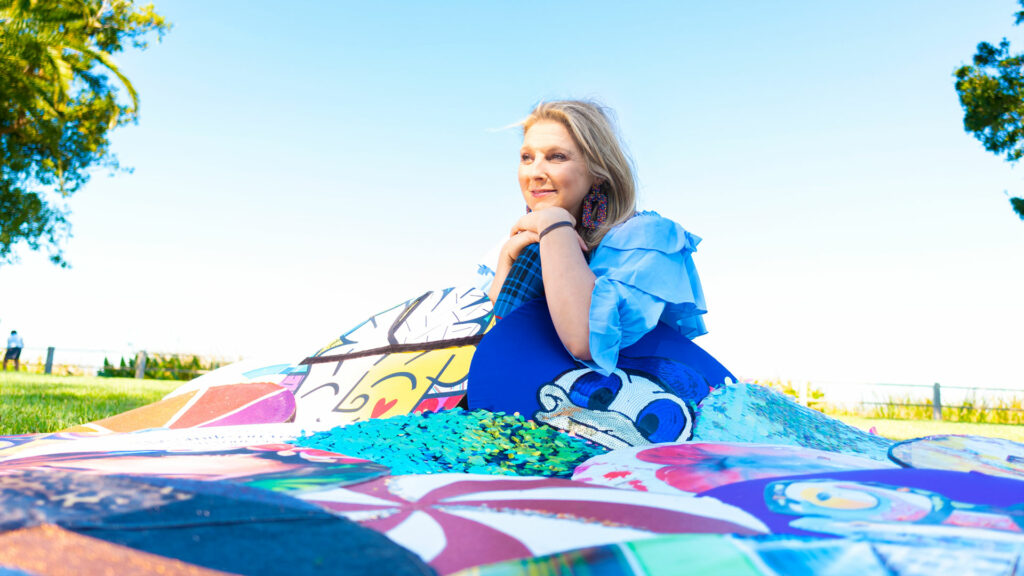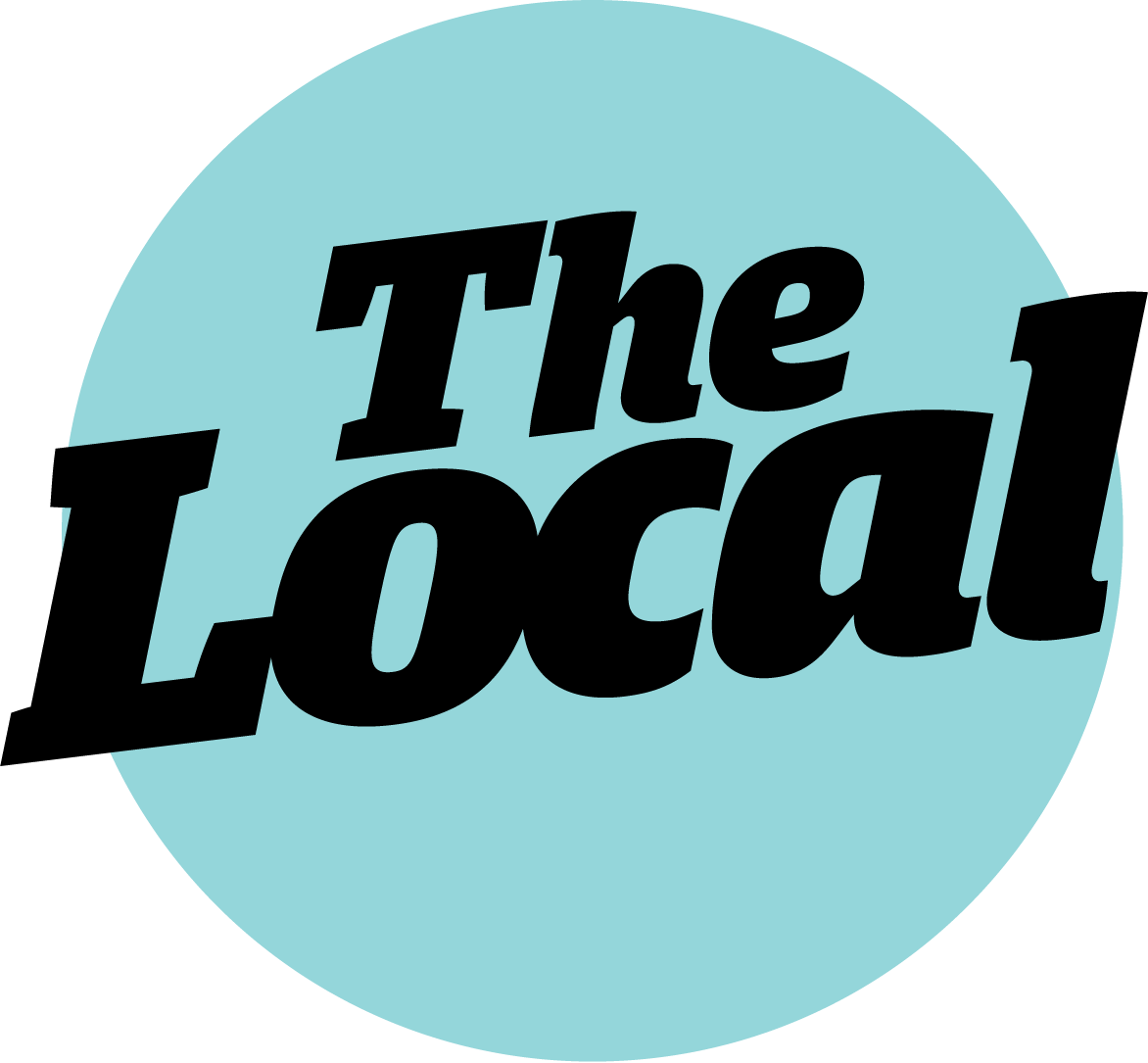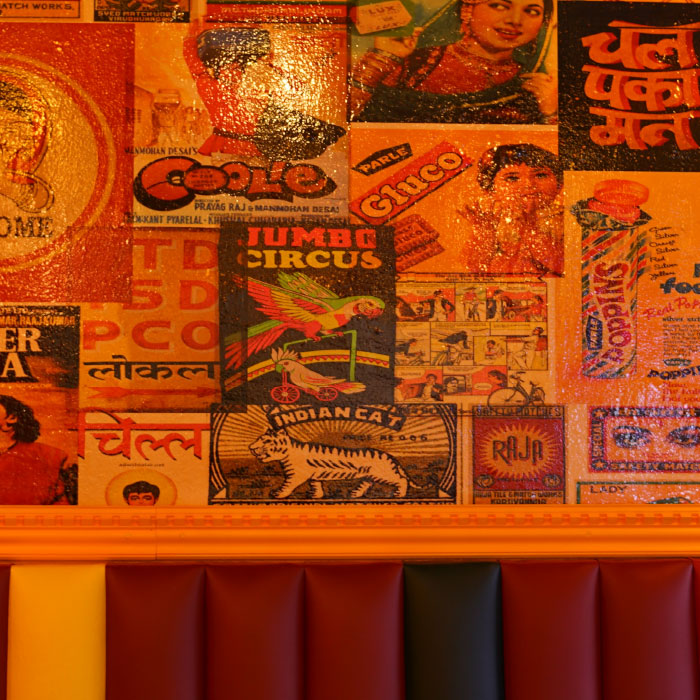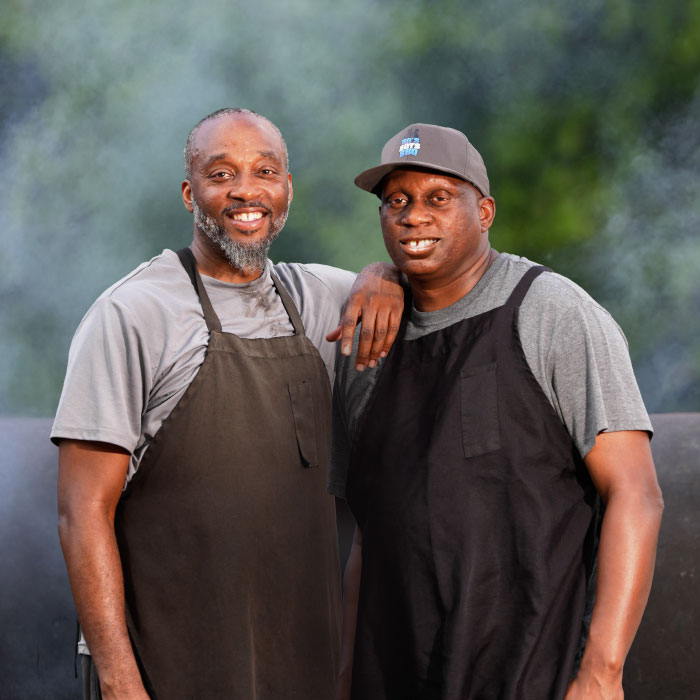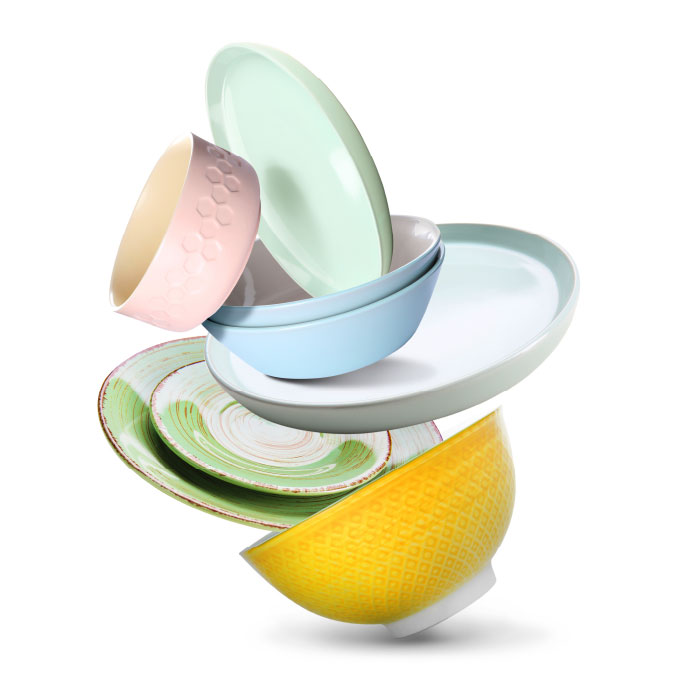Wheels of Fortune
- Heather Anne Lee
- Fred Lopez
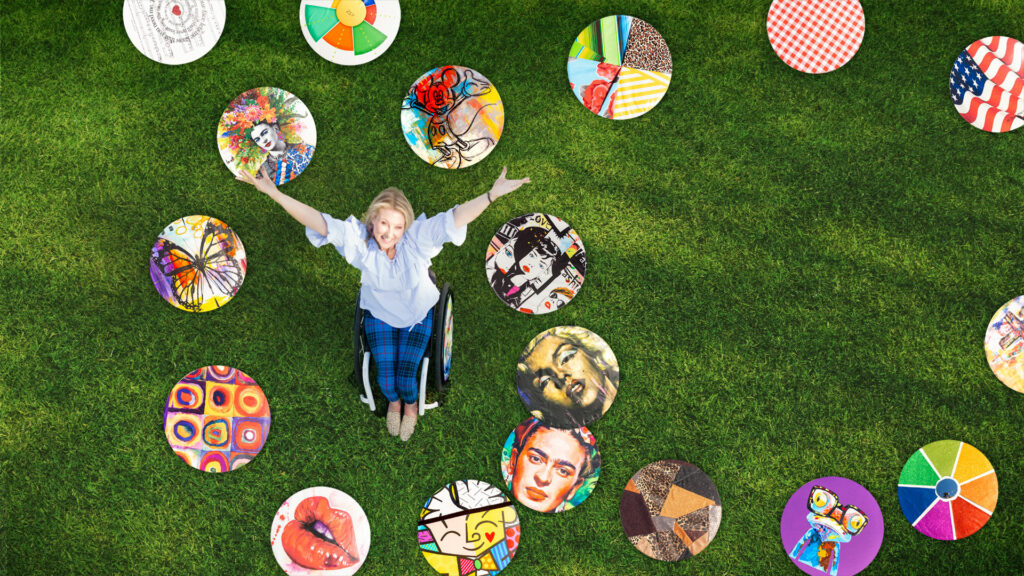
Jana Shelfer wants you to know there is nothing wrong with you. How you are today, how you live and express yourself in the world, is exactly where you’re supposed to be. It has a purpose, and as a certified life coach and public speaker, her job is to help you discover that purpose. She calls it “Living Lucky,” and together with her husband, Jason, she’s taking that message from TedX stages to bookshops to YouTube and beyond.However, the confident, charismatic woman she exudes today was forged in the fires of tragedy, in darkness so profound that it almost swallowed her whole.
What saved her life? Radical gratitude. Here, she tells it in her own words.
I'm the Lucky One
I’ve always been pretty happy, pretty positive, pretty optimistic. My emotional home has always been gratitude. But that gets tested in life.
I was 15 years old when my world changed forever. In an instant—the time it takes for a seat belt to snap—I went from a vibrant teenager dreaming of teaching gymnastics to sitting in physical therapy re-learning how to function without the use of my legs.
I cried every single night for months. But that wasn’t what changed my life. After back surgery and eight weeks in the hospital, I went to Colorado for rehabilitation and that’s the first time I met gratitude face to face.
I was at Craig Hospital in Englewood. It was early on, maybe the second or third day. I was waiting for my physical therapist while sitting in my wheelchair—what I thought was the worst thing that could possibly happen—when a fellow patient asked me to scratch his nose. And when I did that, he said to me, “You have no idea how lucky you are.”
It shocked me. Stunned me, actually. Here I was feeling sorry for myself, while here’s this guy, a quadriplegic, paralyzed from the neck down, and he couldn’t even scratch his own nose.
That moment shifted my perspective entirely. I mean, in that situation, I was the lucky one. I am the lucky one. I still have my hands, my brain, my voice. I can draw and sing and wheel my own chair around. Instead of focusing on what I had lost, I started focusing on what I had.
And from that subtle shift, opportunities started to open up for me—opportunities I never would have imagined. I was the first person in a wheelchair to win the title of Kansas Junior Miss. I won Miss Congeniality at America’s Junior Miss pageant. Former Inside Edition anchor Deborah Norville did a story on me and eventually included me in her book, Back On Track: How to Straighten Out Your Life When it Throws You a Curve.
I started playing wheelchair basketball and became a three-time Paralympian Gold Medalist. I started public speaking. All of these things happened after my accident, not before. These were opportunities to reach people, to have an impact, to have a life that I probably wouldn’t have had if as an able-bodied person.
“You have no idea how lucky you are.” Those words changed my life.
The Unspoken Rule
In my 30s, things shifted. I couldn’t really tell you why. I had a fabulous husband, a great house in Windermere, a thriving career and social life… life was good. And yet, something in my soul was saying, “Jana, there’s more. There’s something bigger and better for you.”
And being a sane, high-achieving, type-A personality, I didn’t want to hear it at first. I kept trying to suppress it. But the more I did, the louder it got.
I guess I ignored that voice, that instinct, long enough that it moved into my body. As if it needed to get my attention, and the only way to do it was to make me sick. I started getting allergies, insomnia, anxiety, panic attacks. My bones started hurting. My bladder stopped working; I had incontinence constantly. I was literally taking six pairs of pants with me to work every day so no one would know. It became such a chore to function.
My body was breaking down from the inside, and I couldn’t figure it out.
My immediate thought was, it’s the stress of work. I loved what I was doing—the people I worked with had become my family, and I felt a connection with Orlando listeners. But I didn’t feel like I was being completely authentic, because we never talked about my disability on air. As long as I stuck with the “Jana Banana” character—positive, optimistic, funny—everything was great. It was this unspoken thing that my chair wasn’t good for the show.
After 12 years at the Philips Phile, I was still part-time, even though the show had great ratings. So, I started standing up for myself, asking for promotions and raises. But when I asked for more, I was denied, denied, denied. The answer was always no, or not at this time. They even told me my salary was offset by living in Florida. That they “paid me in sunshine.” In sunshine!
Long story short, I decided to take a year off for introspection. Hopefully, figure out what was going on with my body.
But things only got worse. My symptoms flared. I gained weight. I felt ashamed and embarrassed. And nothing really landed for me. I was sure that during that sabbatical, I would come to some sort of epiphany, but as each day went on, I became more and more upset with myself for not showing up as my best.
A year after leaving the radio, I was at home, transferring from my wheelchair to the couch — something I had done 20 times a day for years. But this time I fell and broke my leg in three places.That fall put me in bed, completely immobile, alone with my thoughts.
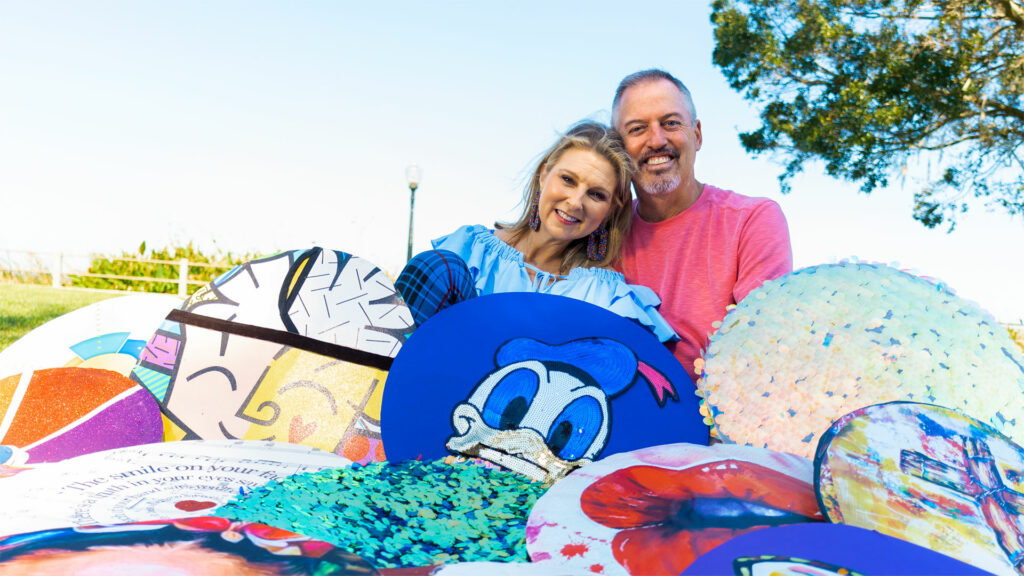
How Can I Be Grateful for That?
I didn’t leave the house for two years. I wasn’t getting out of bed. I wasn’t washing my hair. I wasn’t brushing my teeth. I was tired, to the point where it didn’t feel like I would ever rejuvenate. I wanted to blame someone. I blamed God a lot. But I also felt like it wasn’t really anybody’s fault, except maybe my own.
Jason was my rock during that time. But I was so down, I even started sabotaging that—like, how could he love me like this? It was a really low point in our marriage, and I’m not proud of it. It was when I really began to worry about him leaving me that I knew something needed to change.
I realized I was going through a transition, much like I did when I was 15. It felt like I needed to look back at my younger self to remember how to get up and keep going. And it was the day I scratched that guy’s nose that kept coming to mind. “You have no idea how lucky you are” played over and over in my head. So, I decided to research luck, which led to gratitude.
“Gratitude, gratitude, gratitude”—I know. It’s such an overused word that even I was annoyed. But I knew something had to change, or I would die. That’s when I started my gratitude journal.
I decided I would start by making a list of five things I was grateful for every day.
Don’t let anyone tell you it’s easy. Gratitude journaling, especially in the beginning, is hard. My lens had become so distorted that my mind kept going to these dark emotions and circumstances. But instead of fighting it, I just wrote them down. And then I asked, “How can I be grateful for that?”
One specific thing that came up was my paralysis. “How can I be grateful that this car accident happened to me?” I had to clean out those old emotions. And there were a lot of them—anger, disappointment, resentment—but also incredible gratitude for the opportunities that came up because of it.
The truth is, I probably wouldn’t have explored some of these talents because I would’ve been … I mean, it’s hard to project what I would have been. But it wasn’t until after my accident that I really explored music and art, which I love.
I slowly taught myself how to be grateful for all the things that didn’t go right in my life. I call it “radical gratitude,” and it shifted my perspective entirely. It saved my life.
Radical Gratitude
In psychology, it’s called neuroplasticity: the idea that the way you think about something, good or bad, creates grooves in your brain. When I started having radical gratitude, it was almost like repaving the road in my mind.
But even though gratitude can manifest miracles, it’s a process, and that’s what I tell my clients; it took five years to sink into my depression, and it’s taken five years to pull myself out. There is no overnight fix. I know that’s the worst thing to hear when you’re in the middle of it and just want help, but it’s true. The journey to honoring yourself is one that can feel long and tedious because the work is never finished.
Like watering a plant every day, it takes commitment, but little things over time can get big results. The trick is to start with gratitude, go easy on yourself, and celebrate the small successes along the way. I’ve kept all my journals, and I’m so glad. It’s fun to see how far I’ve come.
The first time I discovered gratitude, it was by concentrating on what I have, what I can control, what I can do. The second time, I became grateful for my disability. And when I did that, I realized, you know what? I hated going through that. I thought it was the worst thing ever. But now, almost 33 years later, I wouldn’t change it. I would not change it.
Because no matter what happens in life, whether we perceive it to be a good thing or a not so good thing, it’s always working in our favor.
